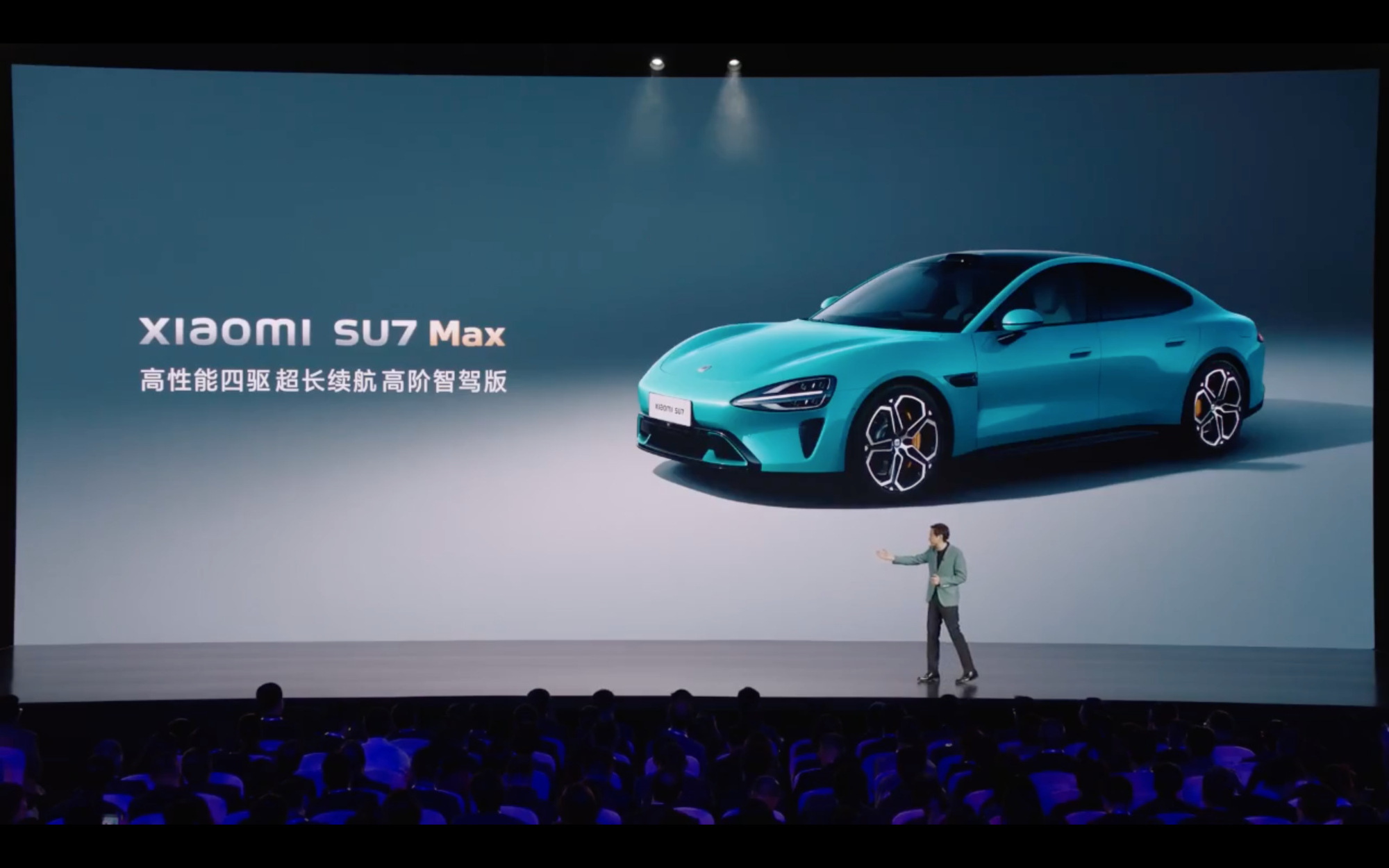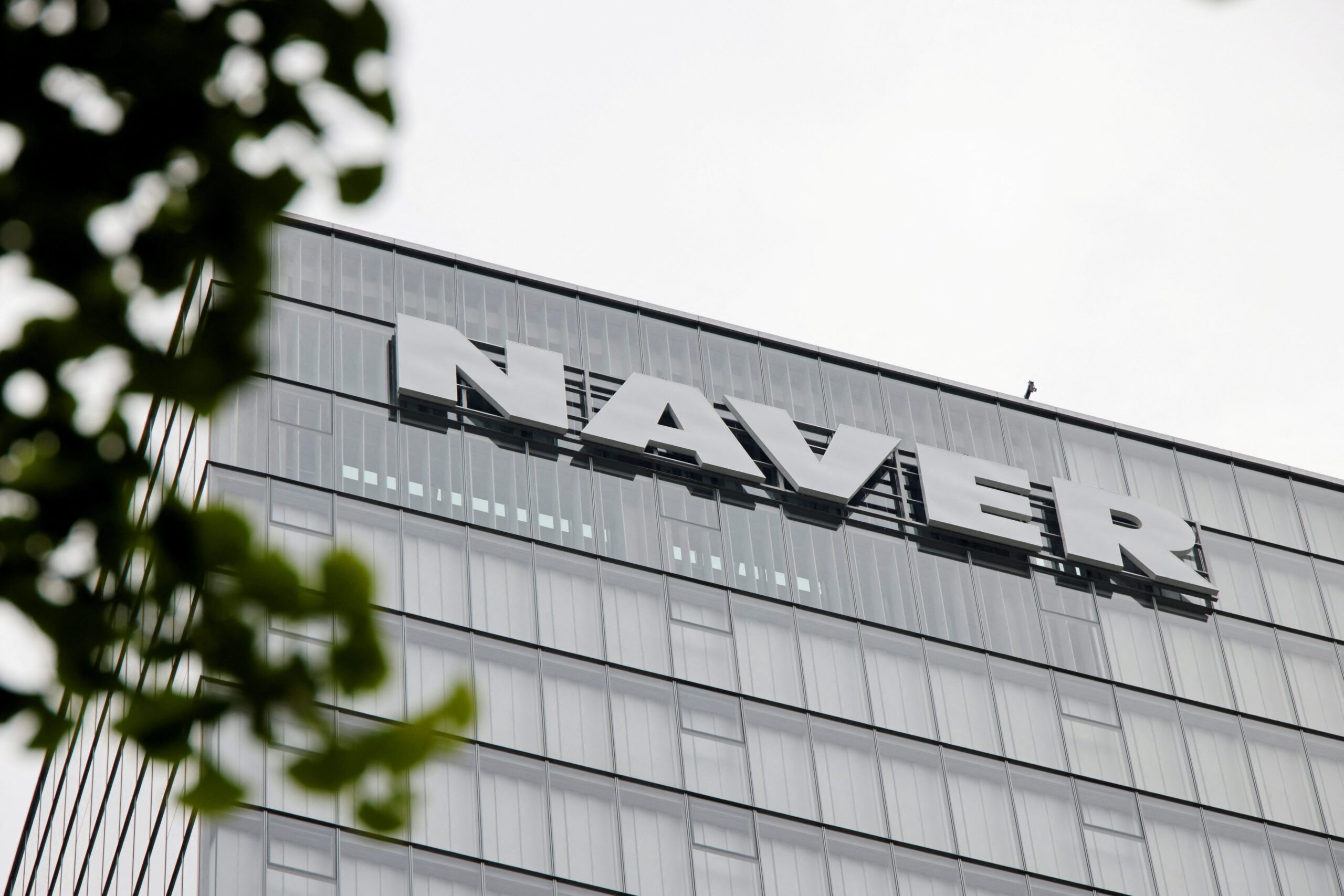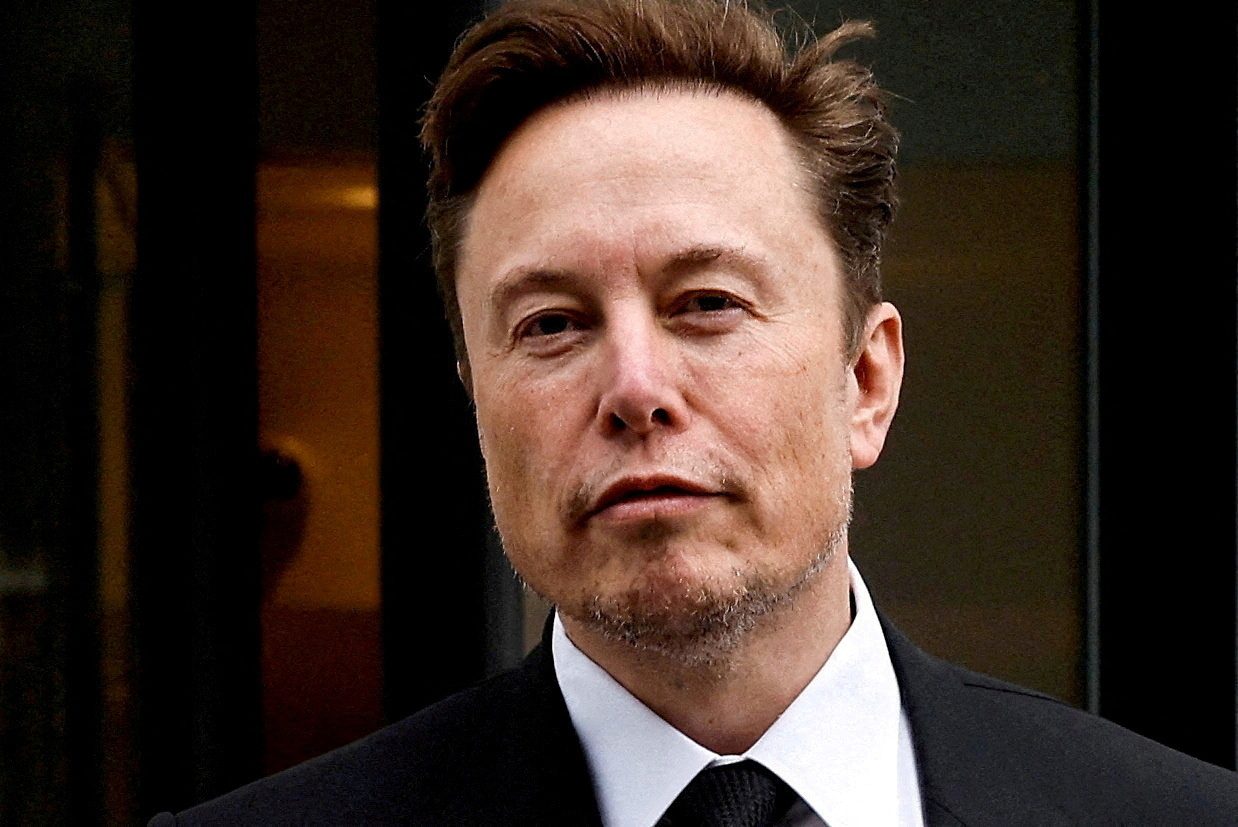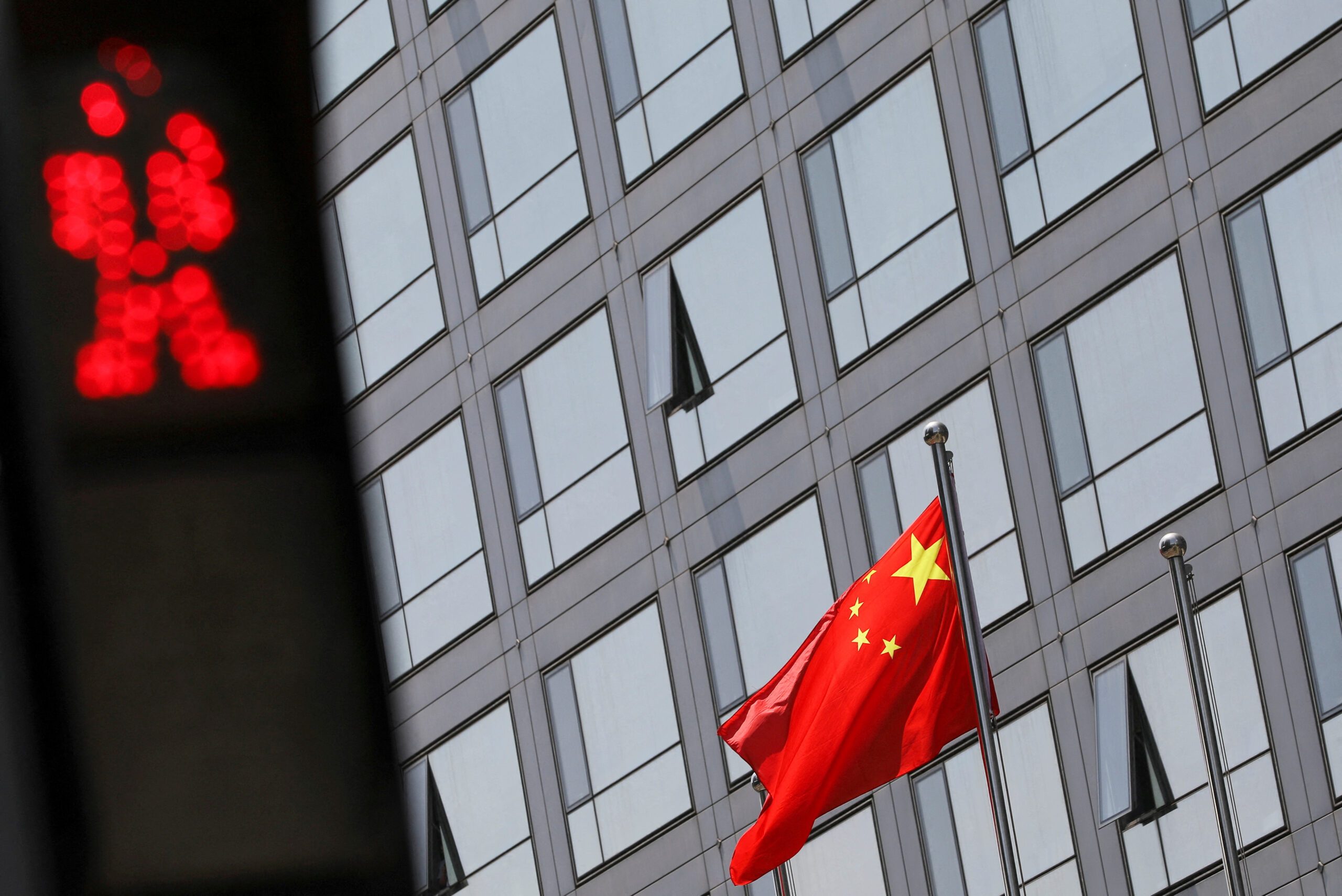Hundreds of people flocked to a Xiaomi store in the southern Chinese city of Guangzhou in the late hours of Thursday evening to be among the first to take a look at what many deem to be the electronics brand’s more affordable alternative to a Porsche, as the brand announced a lower than expected starting price for its debut electric vehicle. That’s what TechNode observed during a livestream broadcast by a Chinese electric car blogger on social media app WeChat that attracted more than 200,000 viewers within an hour.
Xiaomi has already enjoyed a debut win after securing a record 50,000 pre-orders in just a few minutes following its SU7 EV launch event. The official livestream racked up nearly 43 million views on microblogging platform Weibo, underscoring the overwhelming interest among tech-savvy Chinese consumers in the company’s first car. Those making a reservation were asked to pay a RMB 5,000 ($692) deposit as part of the process, with the tech giant expressing its thanks to customers who did so in a brief statement on the microblogging platform Weibo (in Chinese).
The all-electric sports sedan is selling at a lower than expected starting price of RMB 215,900 ($29,881), roughly $4,100 cheaper than the popular Tesla Model 3, while touting better performance from driving range to acceleration. The dual-motor all-wheel drive version competes with the Porsche Taycan with a top speed of 265 kilometers (165 miles) per hour at a price tag of only RMB 299,900.
Xiaomi’s car launch contrasts markedly with Apple’s surprise retreat from the EV landscape, after the iPhone maker reportedly scrapped its decade-long effort to make a car recently. “We will provide every user, including those with Apple devices, a smart and connected life experience everywhere, creating seamless integration in their homes, cars, and beyond,” Xiaomi chief executive Lei Jun said during the press conference (our translation).
Lei, the 55-year-old serial entrepreneur dubbed “China’s Steve Jobs”, tried to lure users away from traditional carmakers during the two-hour event by showcasing how Xiaomi’s ecosystem would provide universal connection and integration between different devices, including phones, cars, and gadgets at home.
Xiaomi essentially promised potential buyers that their devices would be all tied together with a click, swipe, or a simple voice command. The car’s air conditioning will cool the interior down on a hot summer’s day once the owner tells a home speaker what temperature they want before even leaving the house, according to one example given. In another, the car’s dashboard could become a centralized command station for home accessories which will be activated as the driver approaches home.
Although rival Huawei has touted similar efforts with its EV partners, Xiaomi claimed last November that more than 655 million devices have been connected to its IoT (Internet of Things) platform, from televisions to fitness bands, making it the biggest network of its kind worldwide. “This is a trump card from Xiaomi,” said Lei when discussing the linking of the brand’s new EV with its IoT network.
Meanwhile, Lei mentioned Xiaomi’s plans to be “among the top-tier players” in autonomous driving, a field where Tesla already stands out as a pioneer globally and Huawei is establishing its name at home. The company said its EVs are already capable of traveling more than 300 km on average autonomously on Chinese highways before human drivers take over and will be able to complete most trips by themselves on urban streets across China by August.
Xiaomi is moving towards two distinct approaches by working on both a camera-based computer vision system and another advanced driver assistance system (ADAS) that relies on more sensors including lidar. The company said it will exclusively employ Nvidia’s cutting-edge chips for both systems and bring the software development completely in-house to ensure timely over-the-air updates across all its car variants.
“In China, Tesla vehicles will not be as good as the SU7 when it comes to intelligent driving capabilities,” said Lei, adding that customers who placed their orders before the end of this year will get the software free of charge. Tesla currently charges Chinese buyers RMB 64,000 for future access to its full self-driving (FSD) package, despite it remaining unavailable in the country. Still, it is faced with competitors from BYD to Geely which also look to offer customers highly automated features with their premium EVs.
READ MORE: Key takeaways from Xiaomi’s EV pre-launch: A top offering facing a tough test





